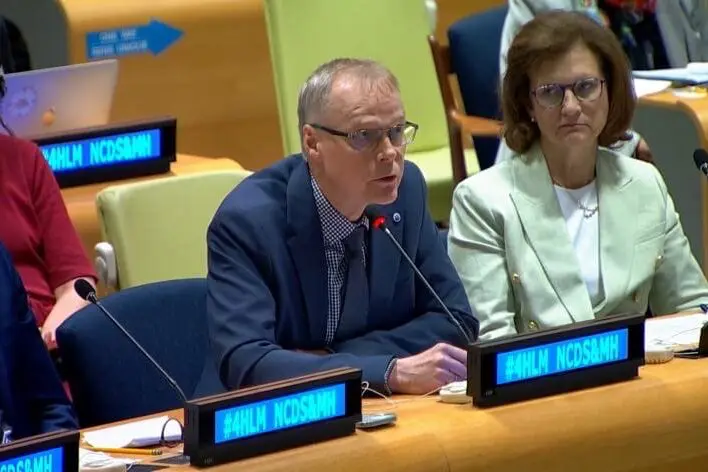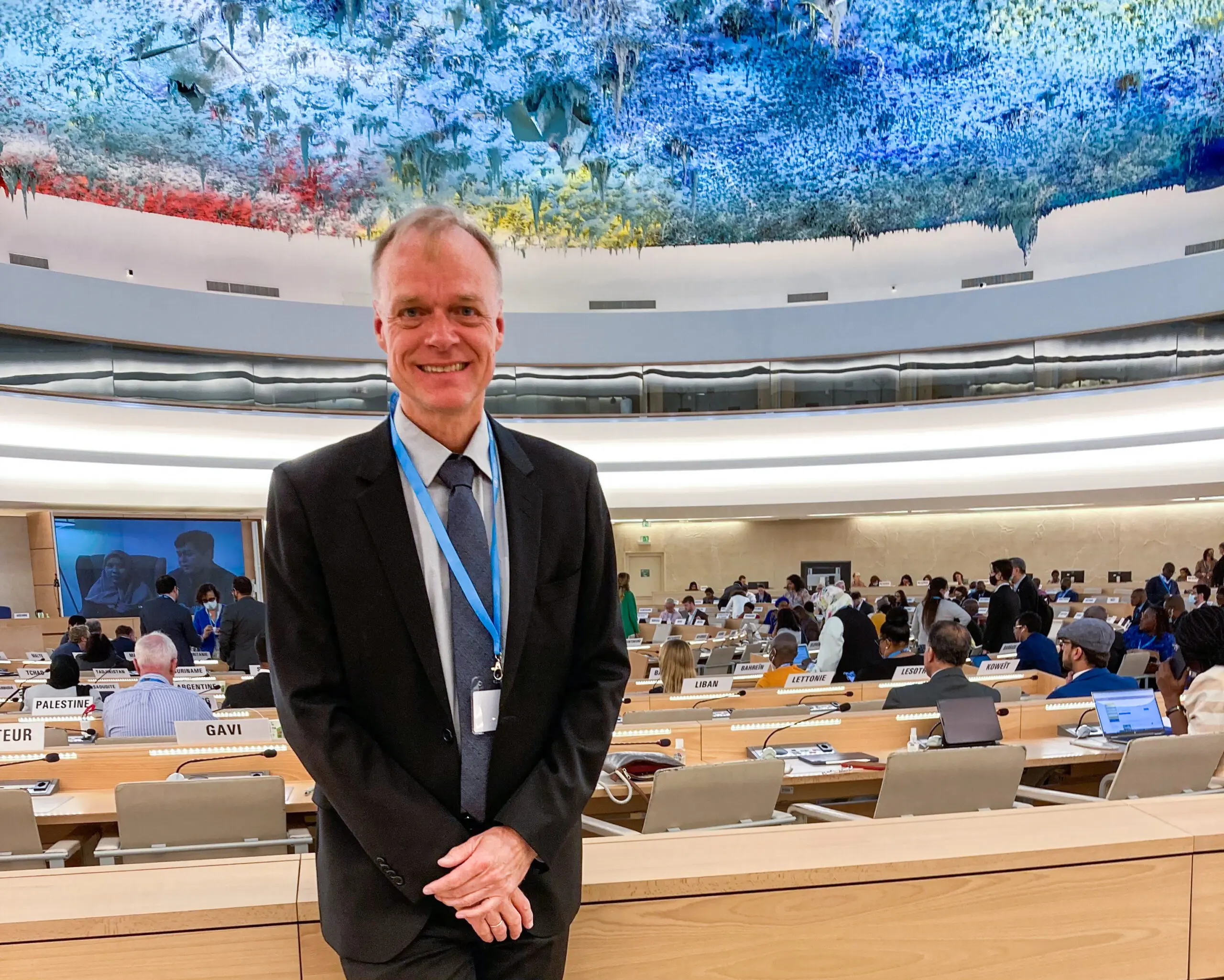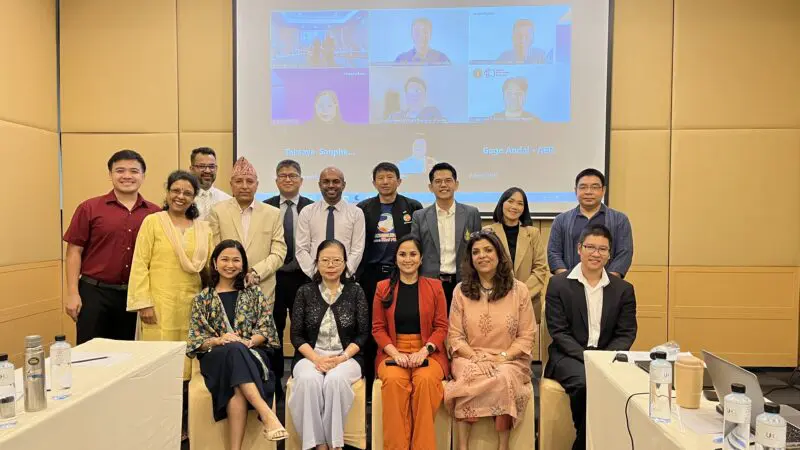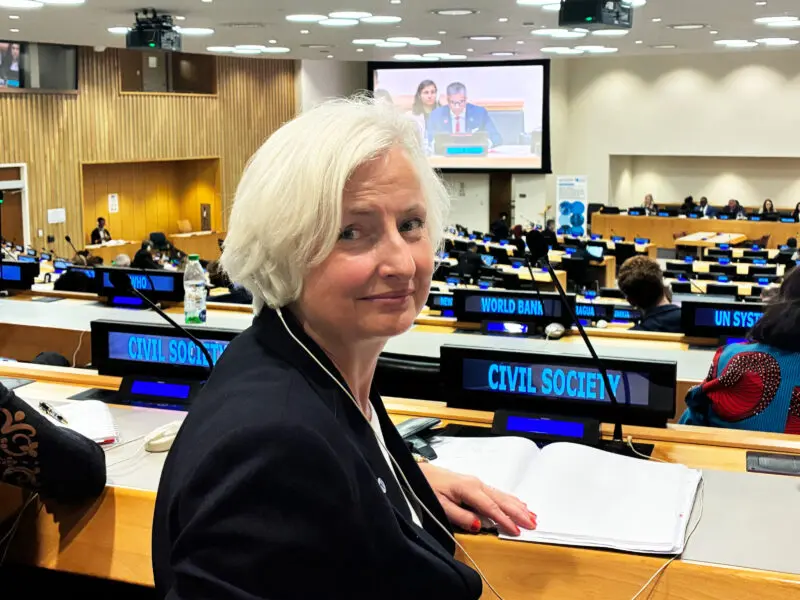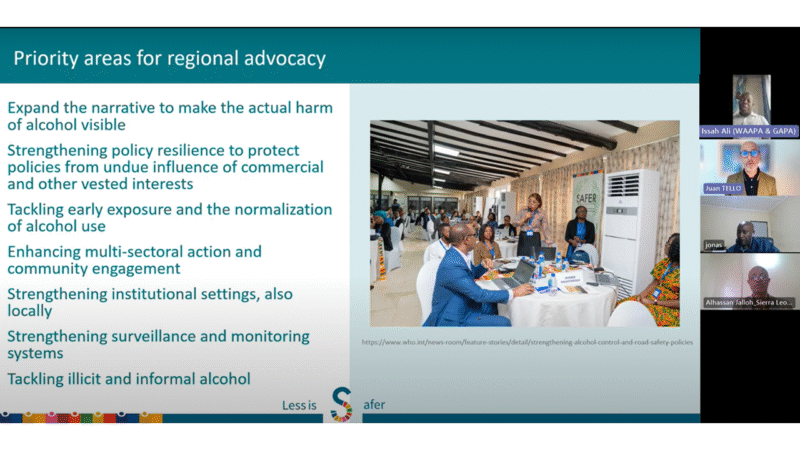FORUT Senior Adviser Øystein Bakke’s work for the past 25 years in alcohol policy advocacy is an important milestone, not only for Øystein but also for FORUT.
When Øystein Bakke joined FORUT in March 2000, he stepped into a role that would eventually place him at the heart of global alcohol policy advocacy. What began as a local initiative in Norway soon evolved into a far-reaching mission to influence international health policy and challenge the global alcohol industry’s influence.
“I came into a position that was already rooted in local action,” Bakke recalls. “But we quickly realized that to make a lasting impact, we had to engage with policy at the national and international levels.”
Passion for public health
His first major foray into global advocacy came at the inaugural Global Alcohol Policy Conference (GAPC) in Syracuse, New York, in 2000. It was there that the Global Alcohol Policy Alliance (GAPA) was born — a network that would become central to Bakke’s work for the next two decades. Although FORUT was not initially a founding member, it soon became a key partner, supporting GAPA’s mission to promote evidence-based alcohol policies worldwide.
Bakke’s background in political science and his passion for public health made him a natural fit for this work. Under his leadership, FORUT’s program evolved into “Alcohol, Drugs and Development,” reflecting a broader international focus. A formal memorandum of understanding between FORUT and GAPA followed, allowing Bakke to dedicate part of his time to supporting GAPA’s growing global efforts.
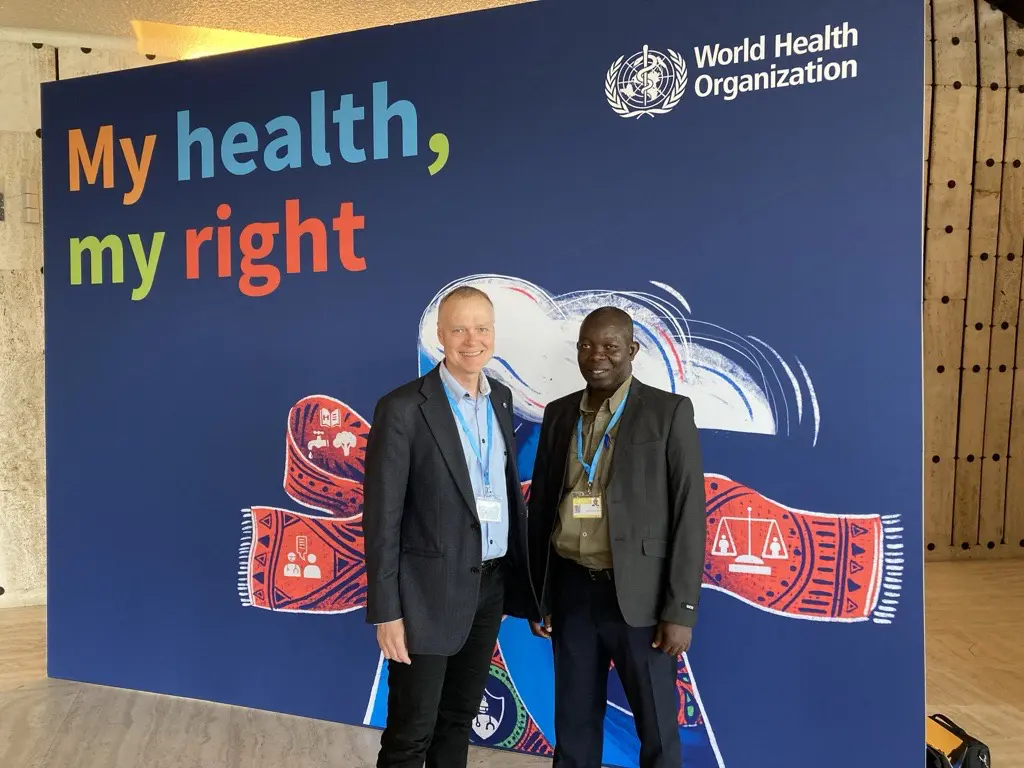
One memory stands out vividly. On July 22, 2011, as he was drafting a letter to the Norwegian government about the upcoming UN high-level meeting on non-communicable diseases, a huge car bomb exploded at the Government building near his office in Oslo.
“The building shook, alarms went off—we had to evacuate,” he recalls. Later the same day the right-wing terrorist massacred young people at a youth camp outside Oslo. “It was a national trauma.” However, a few days later, the letter was finished and sent. “That day will always stay with me.”
Advocacy grounded in research
One of the most significant milestones in Bakke’s career was the adoption of the WHO Global Strategy to Reduce the Harmful Use of Alcohol in 2010. “We were heavily involved in advocacy leading up to that,” he says, recalling the intense lobbying efforts in Geneva and the strategic partnerships formed with regional alliances across Africa and Asia. “It was a collective effort, but I believe GAPA played a meaningful role in making it happen.”
Bakke’s advocacy was not limited to policy corridors. He was instrumental in building regional networks such as the Southern African Alcohol Policy Alliance and the East African Alcohol Policy Alliance. These alliances helped amplify local voices and ensured that alcohol policy was not just a top-down process but one rooted in community realities.
Throughout his career, Bakke has emphasized the importance of grounding advocacy in research. “We’ve always worked closely with researchers,” he explains. “Our advocacy is only as strong as the evidence behind it.” This commitment led to collaborations with leading researchers and the publication of influential articles, including one that exposed how the alcohol industry was trying to write national policies in several African countries, co-authored with colleague, Dag Endal.
Language, too, has been a critical battleground. In a recent journal article co-authored with Sally Casswell, Bakke examined the origins and implications of the term “harmful use of alcohol.” He argues that while the phrase was a political compromise that helped move global discussions forward, it is increasingly being misused by the alcohol industry to emphasize personal responsibility and to shift focus away from structural solutions. “It’s time to reconsider the language we use,” he says. “Words matter, especially in policy.”
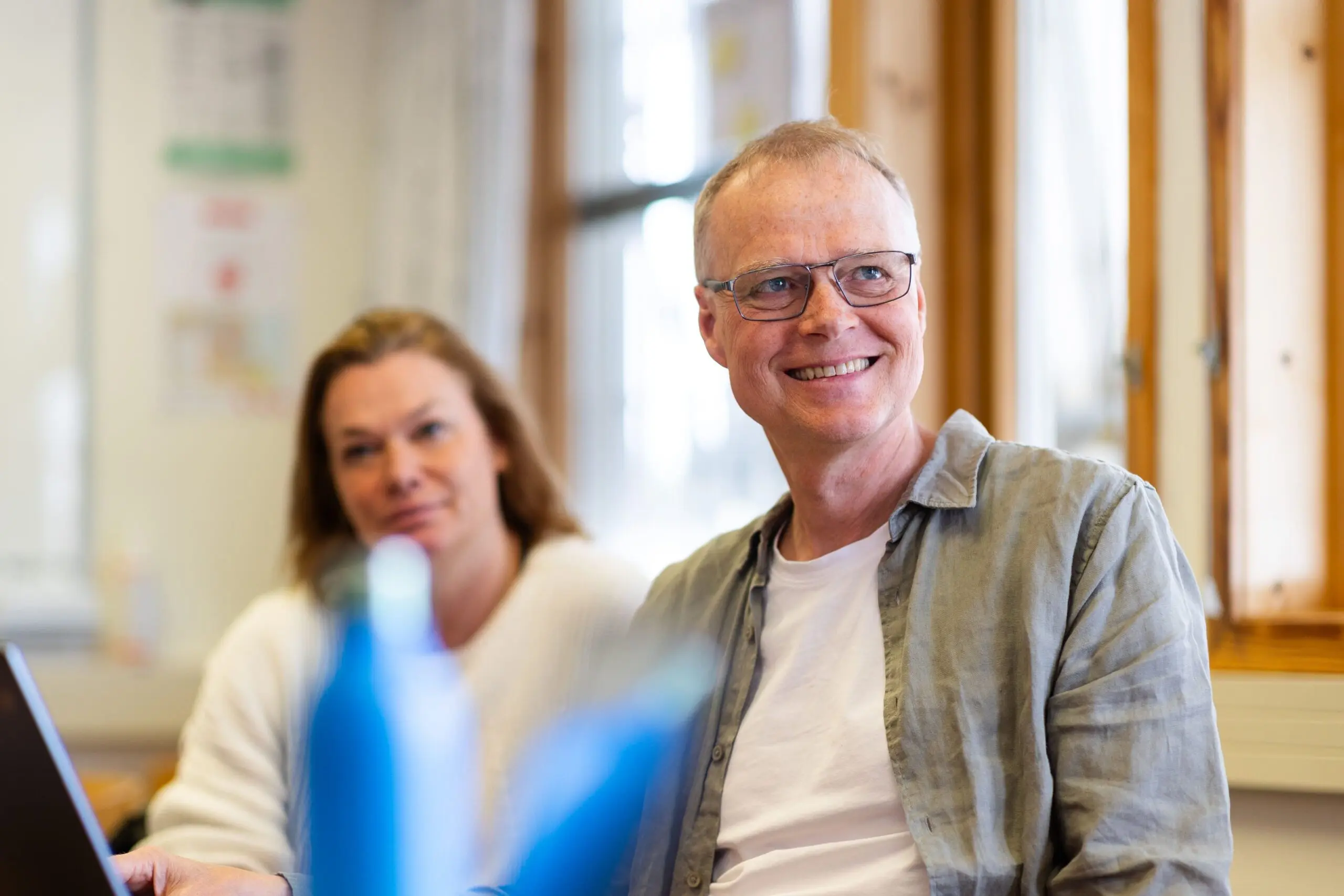
Global focus – local efforts
Bakke’s work has also intersected with broader global health movements. He was involved in the initial stages of the WHO’s SAFER initiative and played a role in civil society’s successful campaign to halt a controversial partnership between the Global Fund and Heineken. “It was a small but significant victory,” he says. “It showed that civil society can push back against corporate influence.”
Despite his global focus, Bakke remains deeply connected to local efforts. He highlights successful initiatives in Sri Lanka and Malawi, where FORUT partners helped steer national policy away from industry influence and toward public health. “Community-level work is crucial,” he says. “It’s where real change begins.”
Reflecting on his 25-year journey, Bakke is proud of the bridges he’s helped build—between research and policy, local and global, advocacy and action. “One of FORUT’s strengths is that we connect the dots,” he says. “From the community level to the UN.”
He also emphasizes the importance of persistence. “You have to hang in there,” he advises the next generation of advocates. “Opportunities will come, but you need to be ready to act when they do.”
Relationships that matter
Among the many milestones in his career, Bakke points to the formal registration of GAPA as a non-profit organization in Switzerland as a significant step forward. “It gives us a stronger foundation for the future,” he says.
But for all the policy wins and published research articles, it is the people he has met along the way that Bakke cherishes most. “It’s the relationships that matter,” he says. “That’s what stays with you.”
As the world looks toward 2030 and following up on the WHO’s Global Alcohol Action Plan, Bakke believes it is time for a new generation of global alcohol policy. Fortunately, his blend of strategic advocacy, scientific rigor, and unwavering commitment—will continue to shape the field for years to come.
